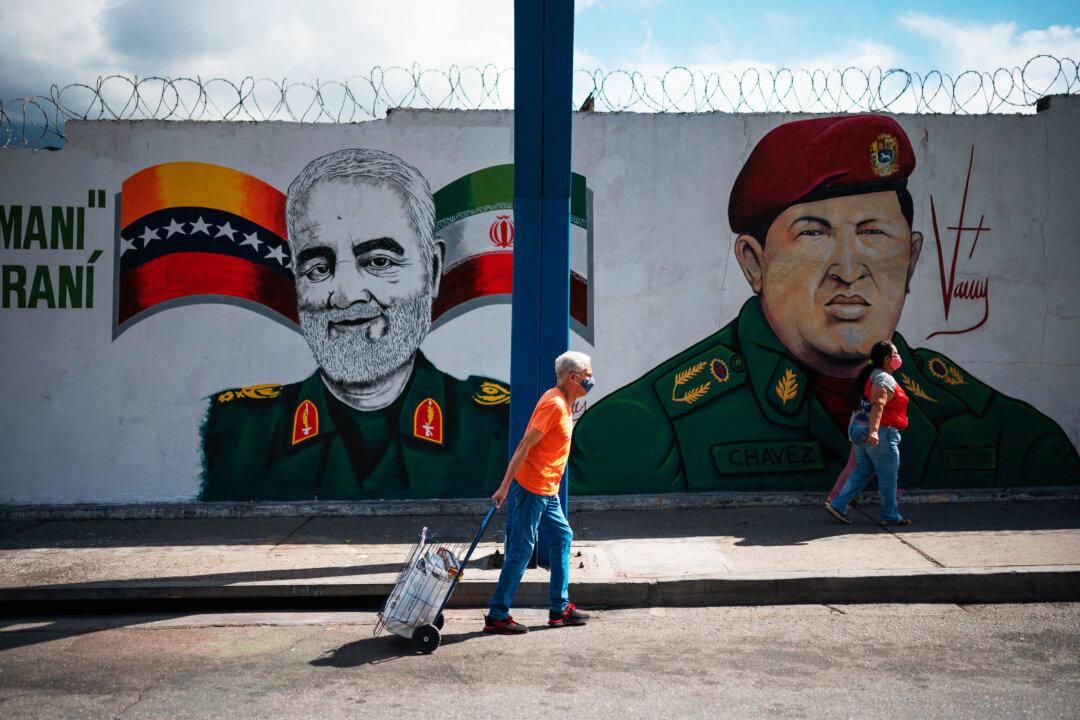CURITIBA, Brazil—A family sits around a small makeshift fireplace. They have been camping there on shifts for days, nearly a week. That was the scene for Luiz Henrique and his relatives on Friday, as they, in their own words, reject the prospect of the country going back to what it was under the Workers Party, which now has led Lula da Silva to a new term. The left-wing candidate was Brazil’s president from 2003 to 2010, and won a run-off vote by a razor-thin margin on Oct. 30, over a decade after leaving office. His inauguration is scheduled for January.
Henrique’s family is not an isolated case. Hundreds of families have set up tents around the Pinheirinho fortress, in the city of Curitiba. More are protesting around army headquarters throughout the country. Most there call for aid, or intervention, from the military, many cast doubt on whether the elections were free and fair, and some just say they’re hoping for a last chance not to have Brazil go the way of neighboring socialist governments in Venezuela, Argentina, and beyond.





